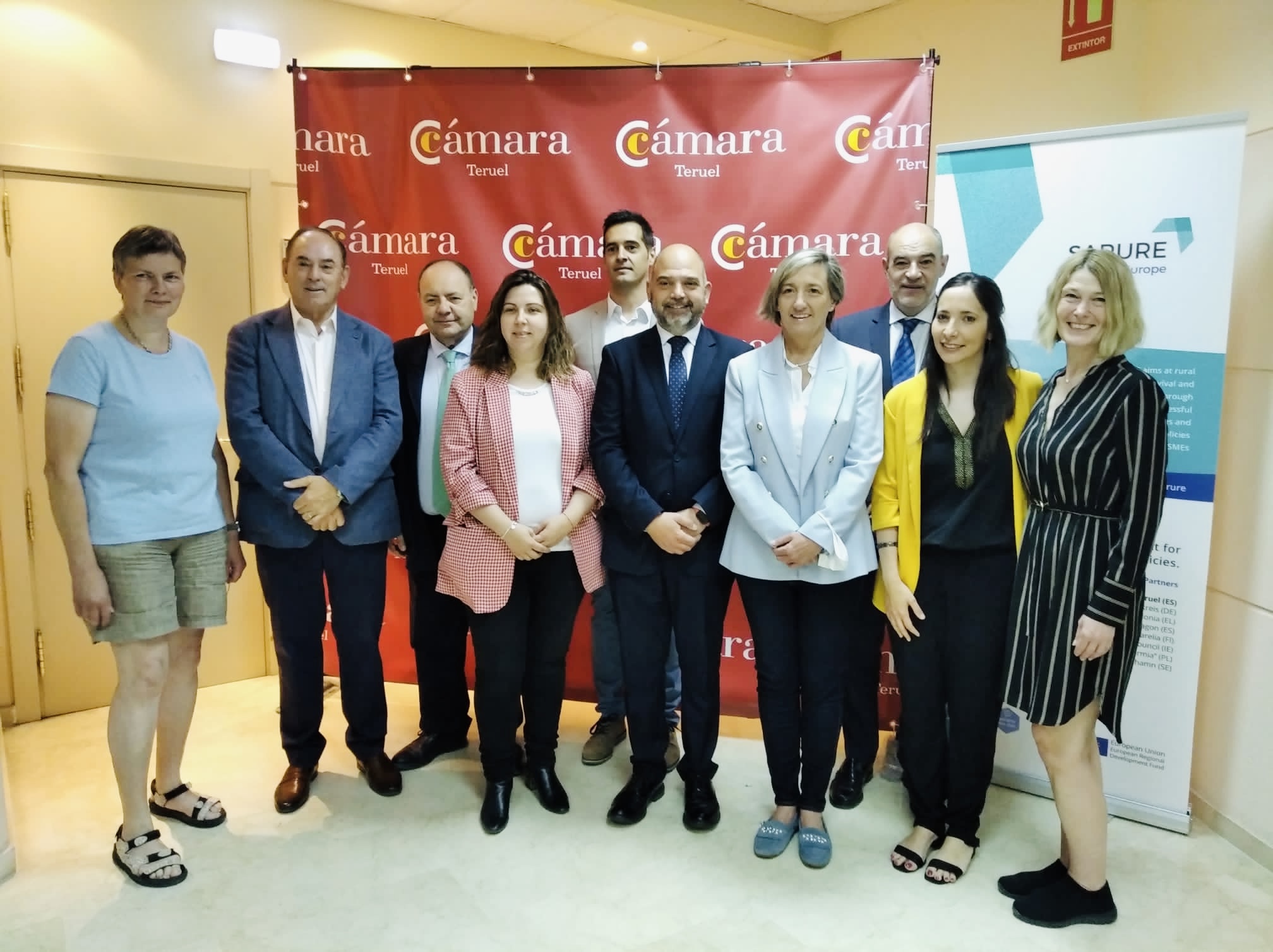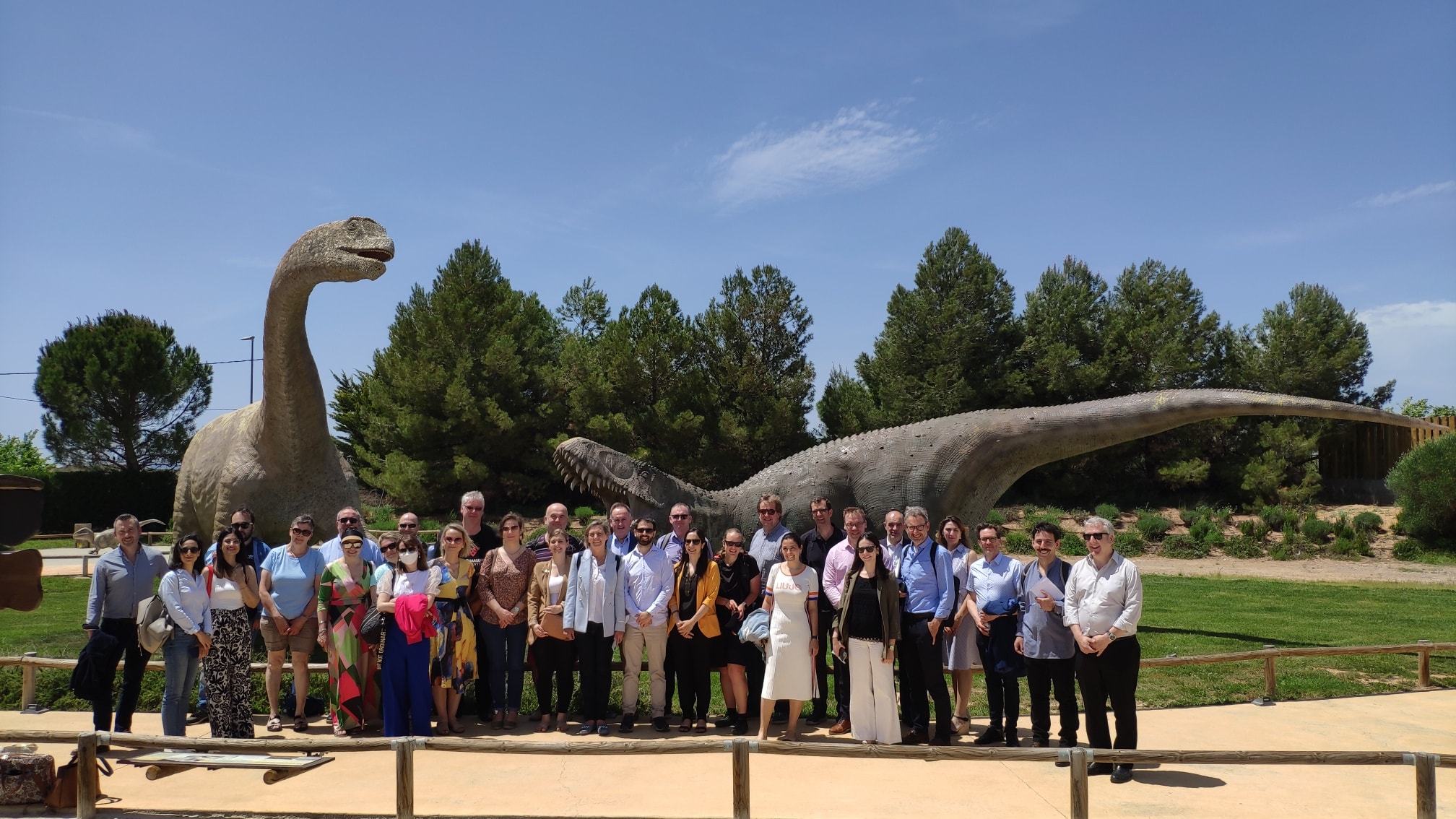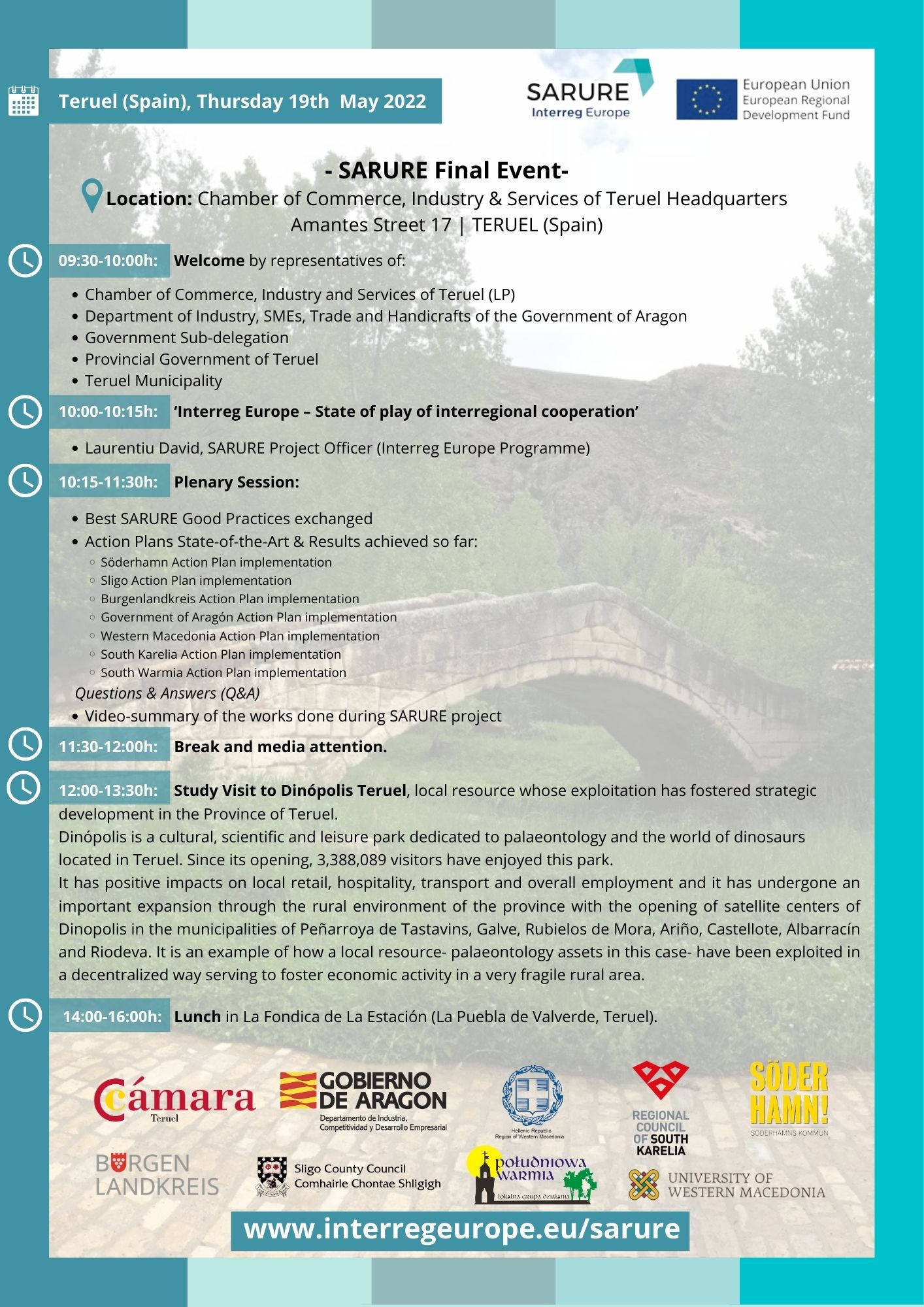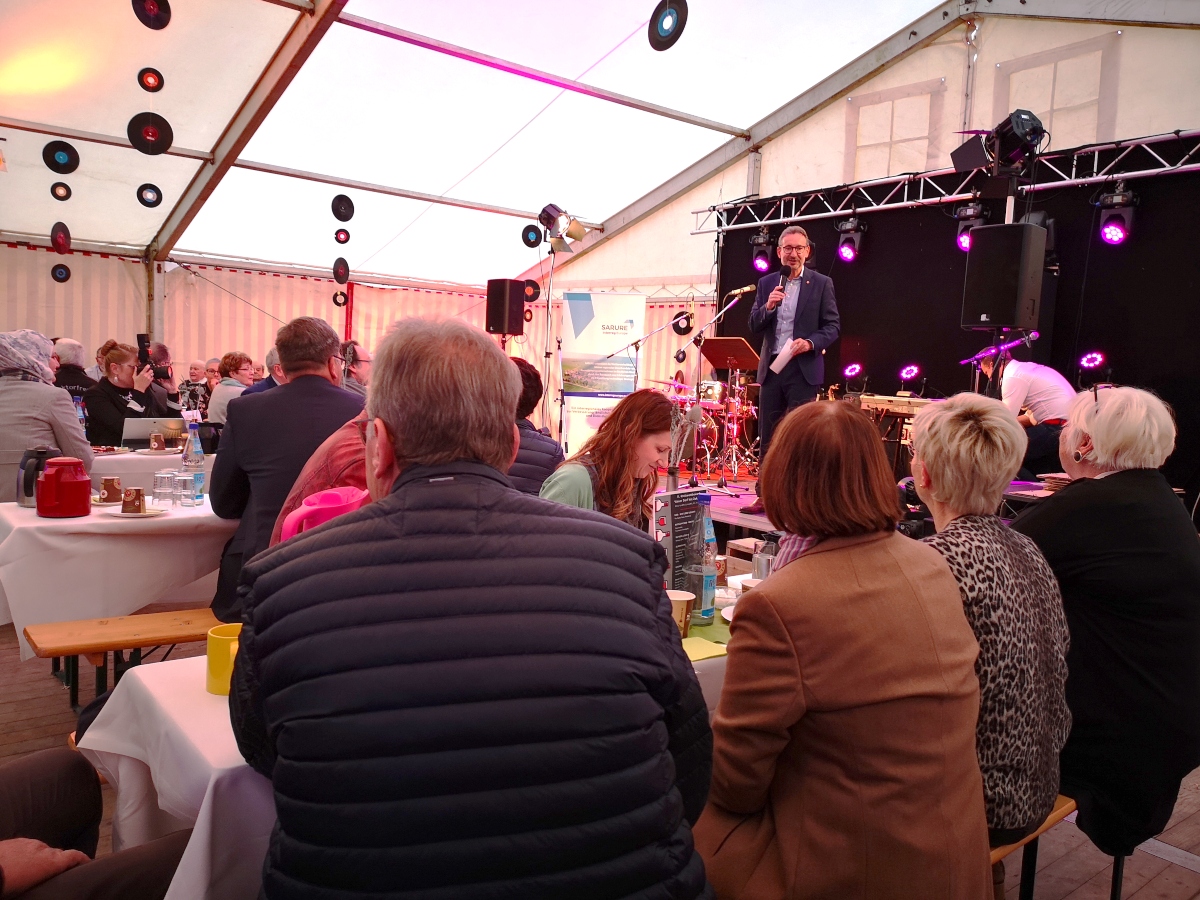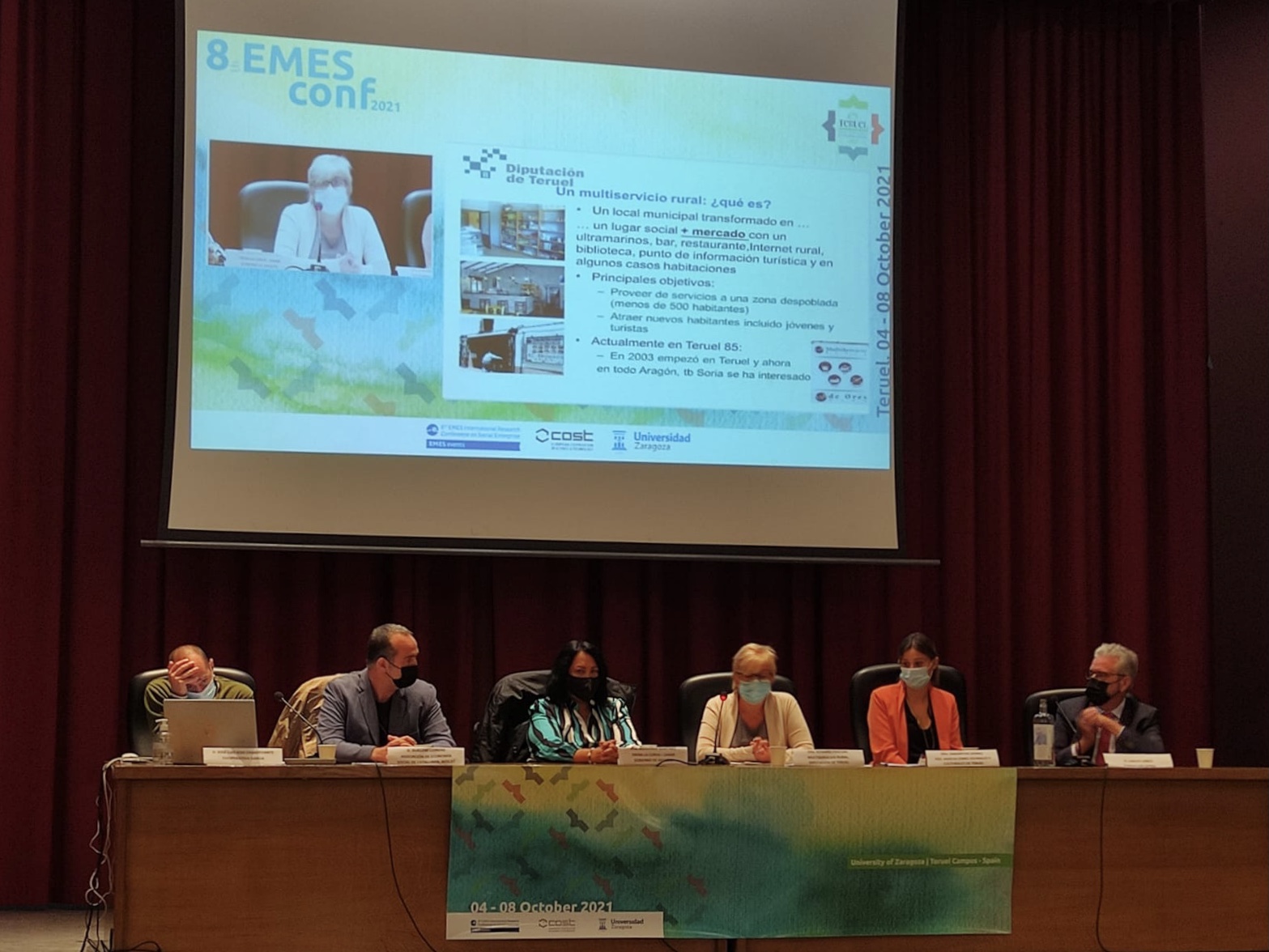Different experiences of social economy in the province of Teruel, in its different models, from cooperatives to insertion companies or special employment centers participated this Monday in the round tables that took place at the EMES International Seminar “Social, cooperative and voluntary enterprise: Principles and values to renew your action. From research to practice, and back ”, in which different initiatives from other parts of Spain also participated.
In this International Seminar, organized together with the Antonio Gargallo University Foundation within the framework of the UVT, professionals and researchers exchanged opinions and learned from each other on topics such as the response of social enterprises and the social economy to the emergence of covid and its proposals for the change in the socio-economic model that is coming, the successful alternatives that are already being offered to the challenge of sustainability and building an inclusive society, as well as its response to depopulation and the new rurality that is coming.
The first round table analyzed covid-19 as a health and social emergency challenge from two points of view.
This first round table was in charge of putting on the table some of the strategies that social groups and companies have put in place to face the threat of the pandemic.
Multiservices
The rural multi-services are an example of how the social economy takes root in the territory. Provincial deputy Rosario Pascual presented the characteristics of these establishments and their work during the pandemic and pointed out the three lessons learned at the level of essential resources, governance and external support. She detailed the role that these establishments have played during the pandemic, "being essential for the inhabitants of the province."
“They made sure they had their basic needs covered, such as food or shopping, and in many cases they also took them to their homes. In addition, the accompaniment they carried out was important, and in a certain way they have been caretakers and guarantors ”, she commented.
Pascual explained the concept of "Rural Multiservice" as a figure that emerged in 2003, being "an innovative project that provides grouped services to populations that have been deprived of one or more basic services."
The deputy explained that the province has 85 multi-services distributed in all regions, providing various services: bar, grocery, restaurant, tourist information point, Internet access, hairdresser, library, etc.
He highlighted that it is a pioneering project in Teruel that has subsequently been transferred to the province of Huesca, where there are 18 multi-services, and to Zaragoza, which has 20. Pascual defended its character of social economy, “since the 85 establishments generate more than a hundred jobs, many of them run by women ”, she explained.
“Rural multi-services come to cover the lack of minimum services, generate and maintain employment, especially the female one, improve the quality of life of the inhabitants, collaborate to avoid depopulation and the support of the inhabitants is very necessary, because with their use make this project viable, "he added.
She also explained that the rural multi-services have annual subsidies for installation and equipment from the Diputación de Teruel and the Government of Aragon. In addition, both the DPT and the regions grant aid to reduce the self-employed quota and the municipalities have their ownership and help the regents by providing affordable housing and rent.
Good practices
Following this round table, another on good practices was developed based on the challenge of building a truly sustainable society based on the idea that reconciling economic activity with the principles of life and incorporating circular economy schemes into productive sectors They are objectives that propose approaches such as those of the bioeconomy and the circular economy.
At this table, terms such as the bioeconomy and the circular economy were clarified and how they interact with each other with the practices that these cooperatives carry out, how they are established in the territory and collaborate with each other and what measures they carry out to promote these economies, which on the other hand, they are not new but have been applied for a long time. Thus, it became clear that they are currently fashionable, a fashion that cannot be passed, because these systems are necessary to make a more sustainable society together.




